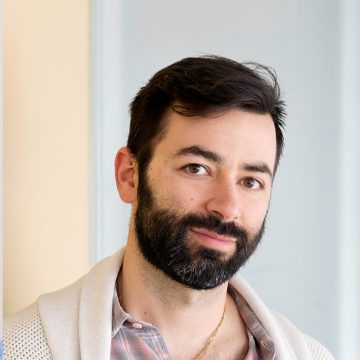
Principal Investigator
Member
Ragon Institute of Mass General, MIT, and Harvard
Professor
IMES, Chemistry, and Koch Institute, MIT
Institute Member
Broad Institute of MIT and Harvard
617.324.5670
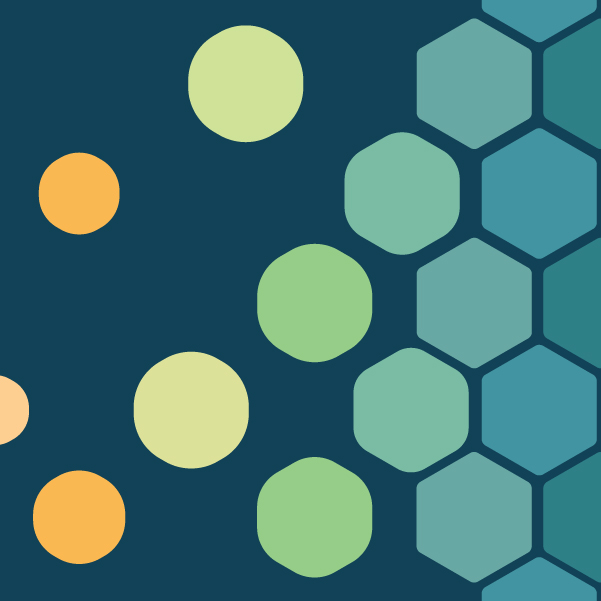
The interdisciplinary research in the Shalek Lab aims to create and implement new approaches to elucidate cellular and molecular features that inform tissue-level function and dysfunction across the spectrum of human health and disease. This encompasses both the development of broadly enabling technologies as well as their application to characterize, model, and rationally control complex multicellular systems.
With respect to technology development, we couple genomics, chemical biology, and nanotechnology to establish accessible, broadly-applicable cross-disciplinary platforms that enable us and others to profile and control cells and their interactions within complex multicellular systems. In addition to sharing this toolbox to empower mechanistic scientific inquiry across the global research community, we are applying it to uncover principles that inform ensemble immune responses within tissues, focusing on the roles of cellular heterogeneity and cell-to-cell communication.
Current studies with partners around the world seek to methodically dissect human disease to understand links between cellular features and clinical observations, including how: immune cells coordinate balanced responses to environmental changes with tissue-resident cells; host cell-pathogen interactions evolve across time and tissues during pathogenic infection; and, tumor cells evade homeostatic immune activity. From these observations and those of others, we aim to construct a unified understanding of how disease alters tissue function at the cellular level and realize therapeutic and prophylactic interventions to reestablish or maintain human health.
Overall, we hope that our principled, comprehensive approach not only provides valuable experimental and computational tools to advance many avenues of scientific inquiry, but also transforms how the community studies and engineers human immune responses in tissues.
Alex Shalek and his lab have received numerous honors, including: the J.W. Kieckhefer Professor, IMES, Chemistry, MIT, a NIH New Innovator Award, a Beckman Young Investigator Award, a Searle Scholar Award, a Pew-Stewart Scholar Award, the Avant-Garde (DP1 Pioneer) Award from the National Institute for Drug Abuse (NIDA), and an Alfred P. Sloan Research Fellowship in Chemistry, as well as the 2019-2020 Harold E. Edgerton Faculty Achievement Award at MIT and a Young Mentor Award from Harvard Medical School.
Alex K. Shalek, PhD (pronouns: he/him/his) is the Director of the Institute for Medical Engineering & Science (IMES) and the J. W. Kieckhefer Professor in IMES and the Department of Chemistry at MIT, as well as an Extramural Member of its Koch Institute for Integrative Cancer Research. He is also an Institute Member of the Broad Institute, a Member of the Ragon Institute, an Assistant in Immunology at MGB, and an Instructor in Health Sciences & Technology at HMS. Dr. Shalek received his bachelor's degree summa cum laude from Columbia University and his Ph.D. from Harvard University in chemical physics under the guidance of Hongkun Park, and performed postdoctoral training under Hongkun Park and Aviv Regev (Broad/MIT). His lab’s research is directed towards the development and application of new approaches to elucidate cellular and molecular features that inform tissue-level function and dysfunction across the spectrum of human health and disease.
Gideon, H#, Hughes, T.K.#, Wadsworth, M.H., Tu, A.A., Gierahn, T.M., Hopkins, F.F., Wei, J.-R., Kummerlowe, C., Grant, N.L., Nargan, K., Phuah, J., Borish, H.J., Maiello, P., White, A.G., Ganchua, S.K.C., Myers, A., Ameel, C.L., Cochran, C.T., Nyquist, S.K., Peters, J.M., Tomko, J.A., Frye, L.J., Rosenberg, J.M., Shih, A., Chao, M., Scanga, C.A., Ordovas-Montanes, J., Berger, B., Mattila, J.T., Madansein, R., Love, J.C., Bryson, B., Lin, P.L., Leslie, A., Behar, S.M., Flynn, J.L*, Fortune, S.M.*, and Shalek, A.K.*
Immunity, 55, 1 (2022)
Mead, B.E.*, Hattori, K.*, Levy, L., Imada, S., Goto, N., Vukovic, M., Sze, D., Kummerlowe, C., Matute, J.D., Duan, J., Langer, R., Blumberg, R.S., Ordovas-Montanes, J., Yilmaz, O.H., Karp, J.M., Shalek, A.K.
Nature Biomedical Engineering, 6 (2022)
Kummerlowe, C., Mwakamui, S., Hughes, T.K., Mulugeta, N., Mudenda, V., Besa, E., Zyambo, K., Shay, J.E.S., Fleming, I., Vukovic, M., Doran, B.A., Aicher, T.P., Wadsworth II, M.H., Bramante, J.T., Uchida, A.M., Fardoos, R., Asowata, O.E., Herbert, N., Yilmaz, O.H., Kløverpris, H.N., Garber, J.J., Ordovas-Montañes, J., Gartner, Z.J., Wallach, T.*, Shalek, A.K.*, Kelly, P.*
Science Translational Medicine, 14 (2022)
Corleis, B., Tzouanas, C. N., Wadsworth II, M, H., Cho, J. L., Linder, A. H., Schiff, A. E., Zessin, B., Stei, F., Dorhoi, A., Dickey, A. K., Medoff, B. D., Shalek, A. K., Kwon, D. S.
Science Translational Medicine, 15 (2023)
Gierahn, T.#, Wadsworth II, M.H. #, Hughes, T.K. #, Bryson, B.D., Butler, A., Satija, R., Fortune, S., Love, J.C.*, and Shalek, A.K.*
Nature Methods, 14, 395 (2017)
Ordovas-Montanes, J.#, Dwyer, D.F.#, Nyquist, S.K., Buchheit, K.M., Deb, C., Wadsworth, M.H., Hughes, T.K., Kazer, S.W., Yoshimoto, E., Bhattacharyya, N., Katz, H.R., Berger, B., Laidlaw, T.M., Boyce, J.A., Barrett, N.A.*, and Shalek, A.K.*
Nature, 560, 649 (2018)
Tu, A.A.#, Gierahn, T.M.#, Monian, B., Morgan, D.M., Mehta, N.K., Ruiter, B., Shreffler, W.G., Shalek, A.K.*, and Love, J.C.*
Nature Immunology, 20, 1692 (2019)
Kotliar, D.#, Lin, A.E.#, Logue, J., Hughes, T.K., Khoury, N., Raju, S.S., Wadsworth II, M.H., Chen, H., Kurtz, J.R., Dighero-Kemp, B., Bjornson, Z.B., Mukherjee, N., Sellers, B., Tran, N., Bauer, M.R., Adams, G.C., Adams, R., Rinn, J.L., Melé, M., Nolan, G.P., Barnes, K.G., Hensley, L.E.*, McIlwain, D.R.*, Shalek, A.K.*, Sabeti, P.C.*, and Bennett, R.S.*
Cell, 183, 1383 (2020).
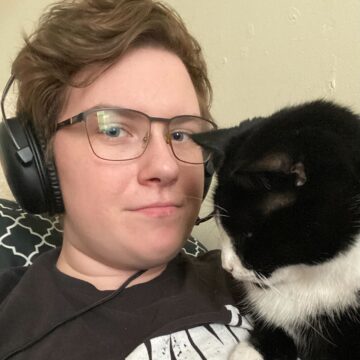
Sid Allison
Research Technician I
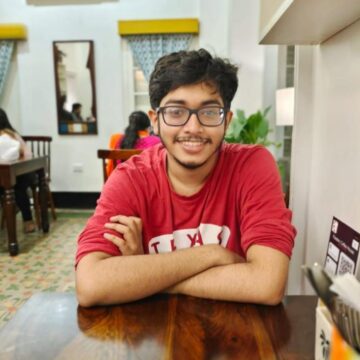
Ankit Basak
Graduate Student

Elliot Boblitt
Project Manager, Research
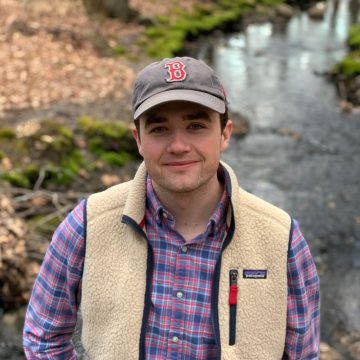
Josh Bromley
Graduate Student

Charles P. Couturier
Postdoctoral Fellow

Tyler Dao
Graduate Student
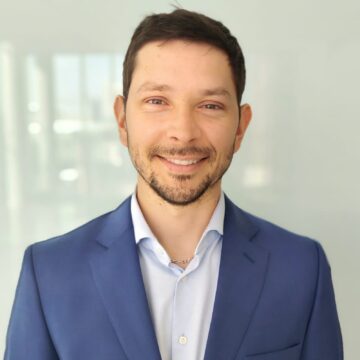
Benoit Desbiolles
Postdoctoral Fellow
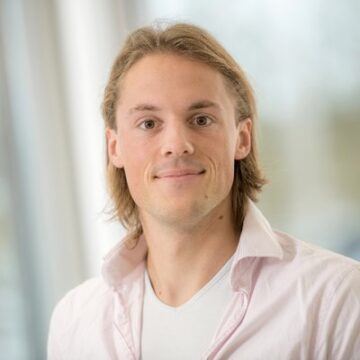
David Fischer
Postdoctoral Fellow
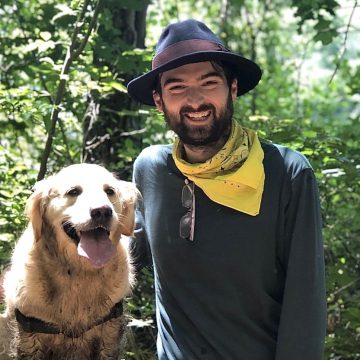
Jeff Gahan
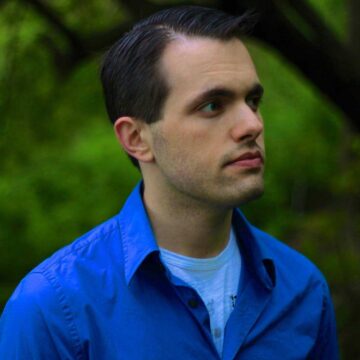
Mark Godek
BioInformatics Specialist I
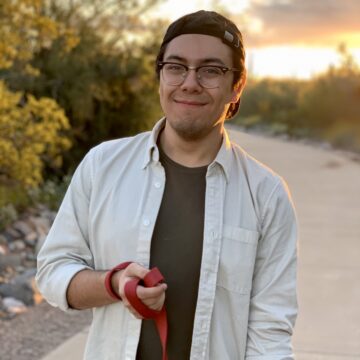
Manny Guzman
Graduate Student

Jasmin Joseph-Chazan
Graduate Student
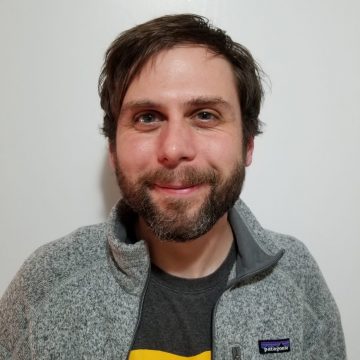
Jim Kaminski
Postdoctoral Fellow
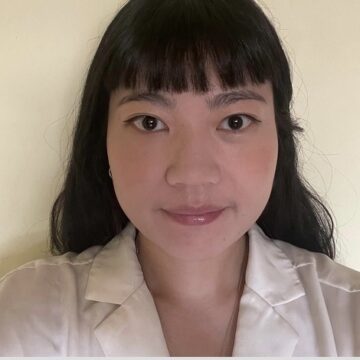
Tammy Lan
Graduate Student
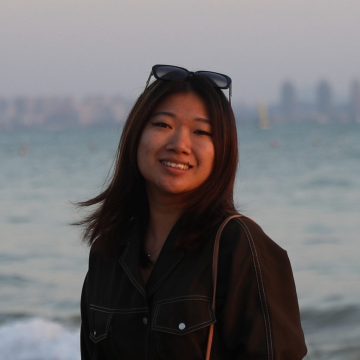
Ivy Liu
Graduate Student

Son Nguyen
Postdoctoral Fellow
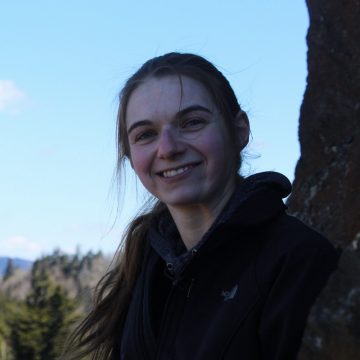
Sarah Quinn
Graduate Student
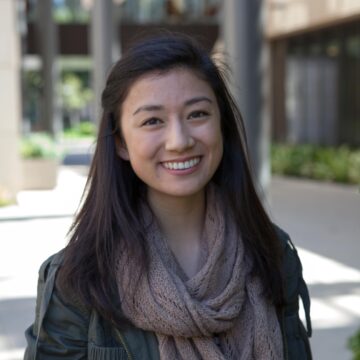
Michelle Ramseier
Postdoctoral Fellow
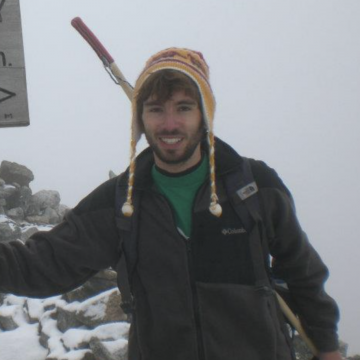
Adam Rubin
Postdoctoral Fellow

Daniela Russo
Bioinformatics Analyst
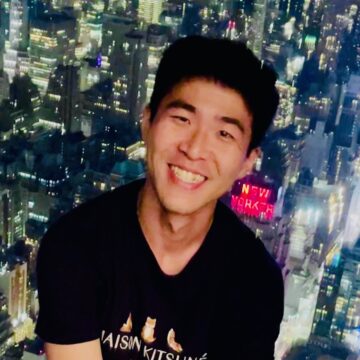
Feng Shan
Postdoctoral Fellow
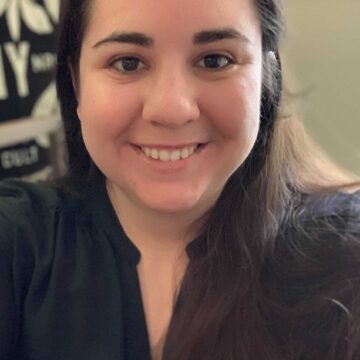
Jen Shapp
Research Specialist
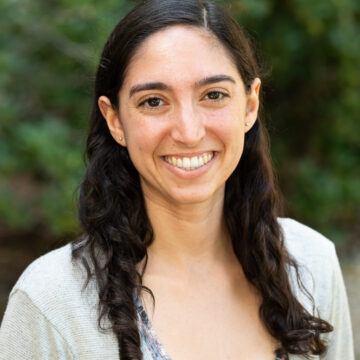
Zoe Steier
Postdoctoral Fellow
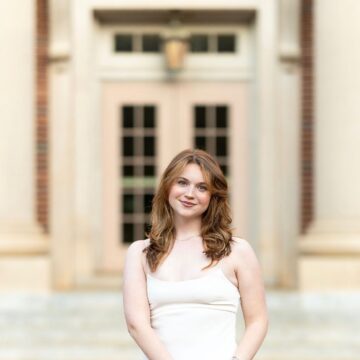
Sarah Sweeting
Research Specialist
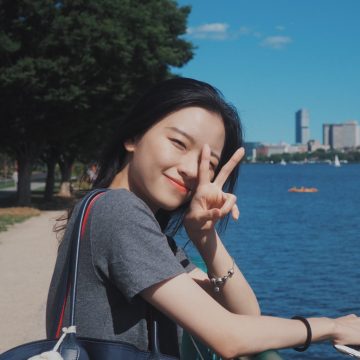
Evelyn Yuzhou Tong
Graduate Student
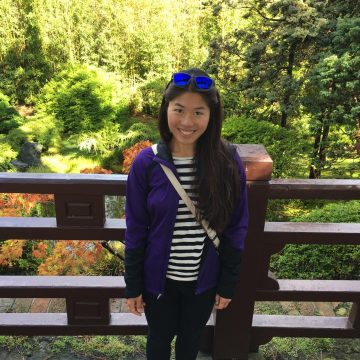
Nancy Tran
Lab Manager
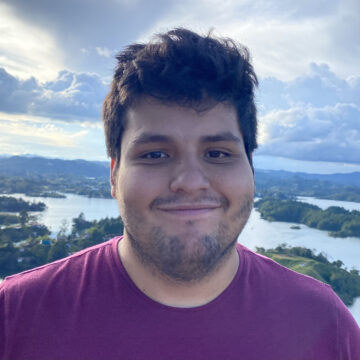
Sergio Triana
Postdoctoral Fellow
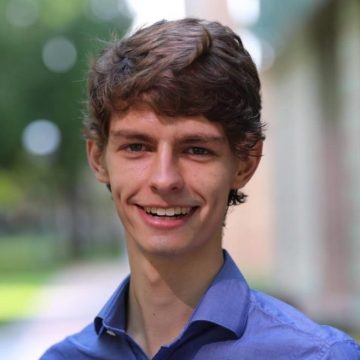
Constantine Tzouanas
Graduate Student
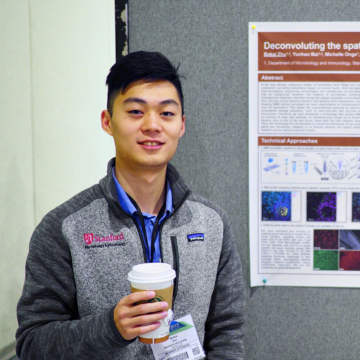
Bokai Zhu
Postdoctoral Fellow
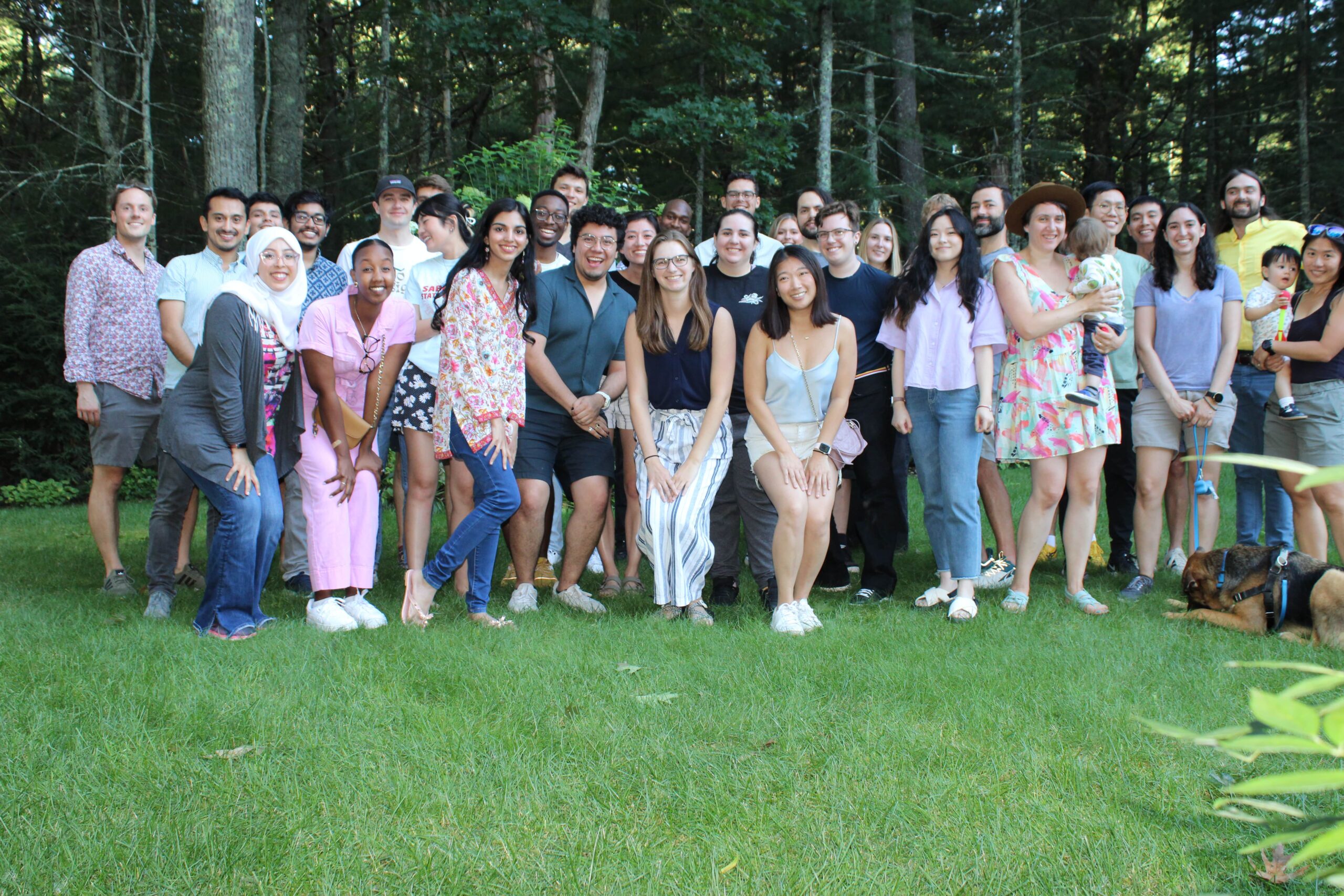

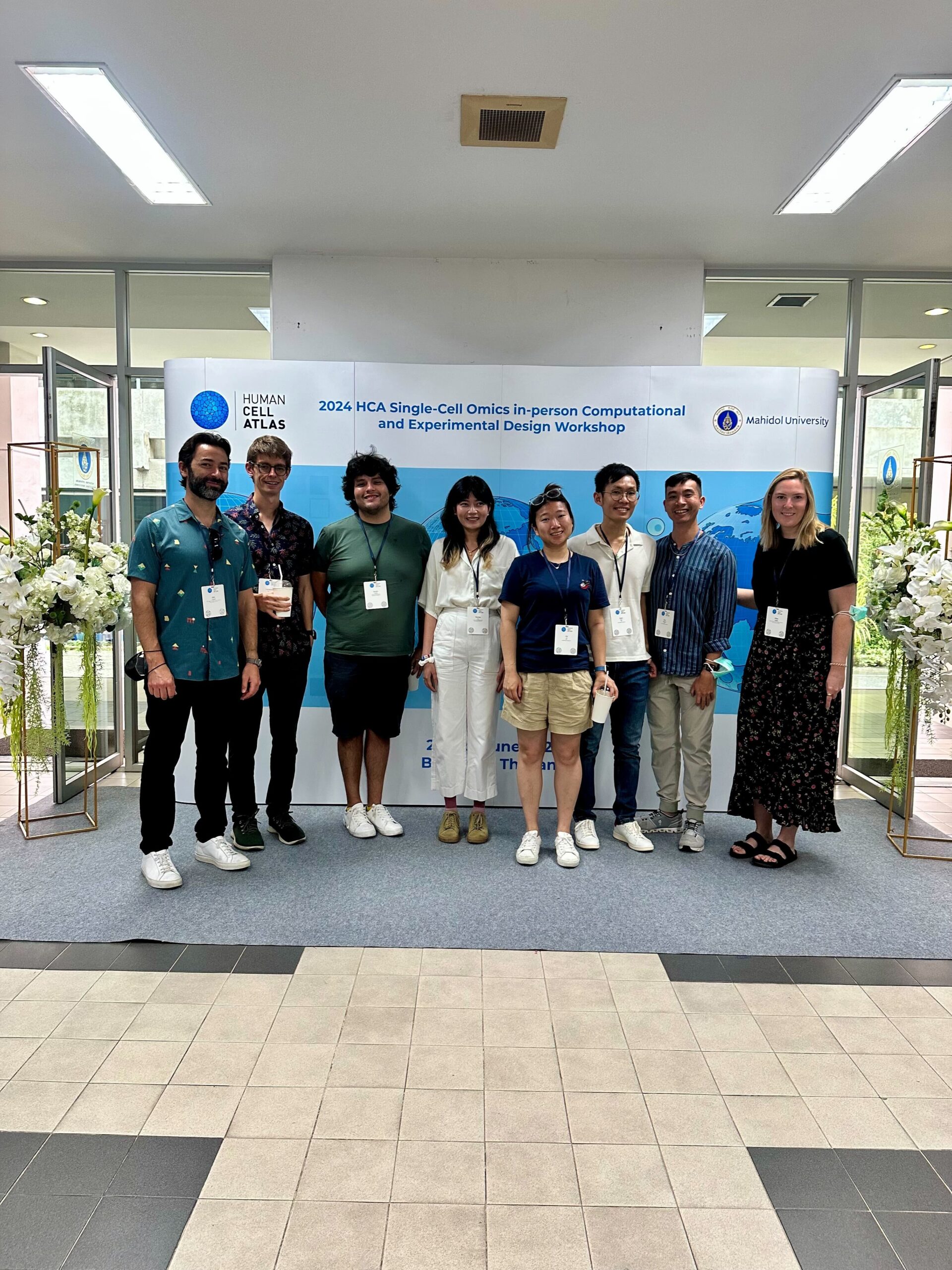
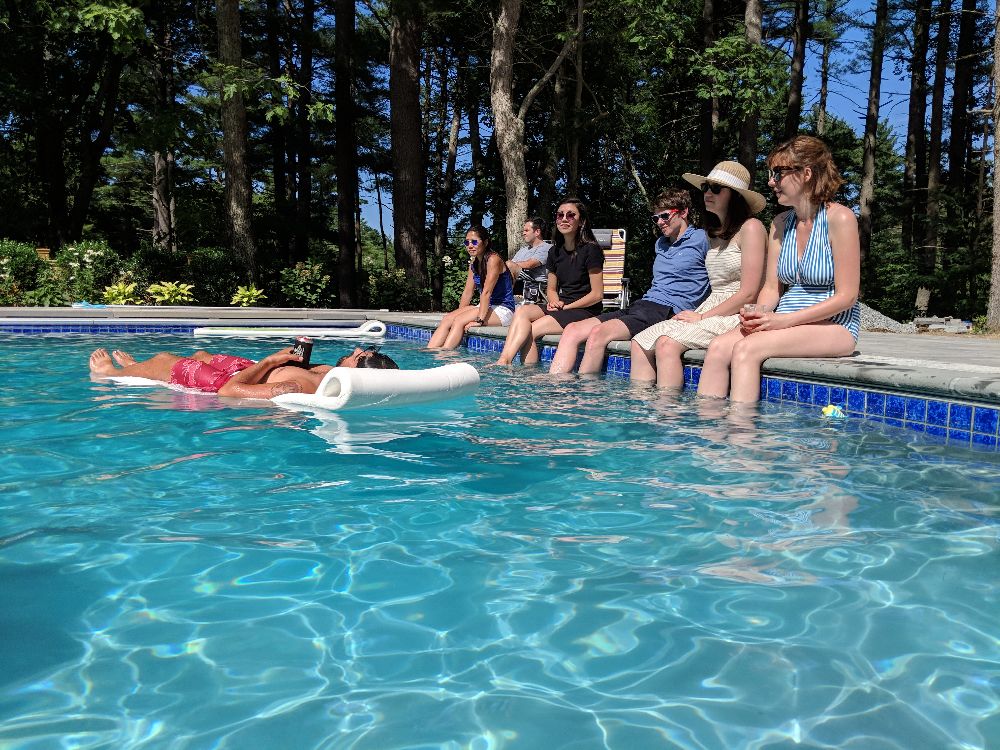
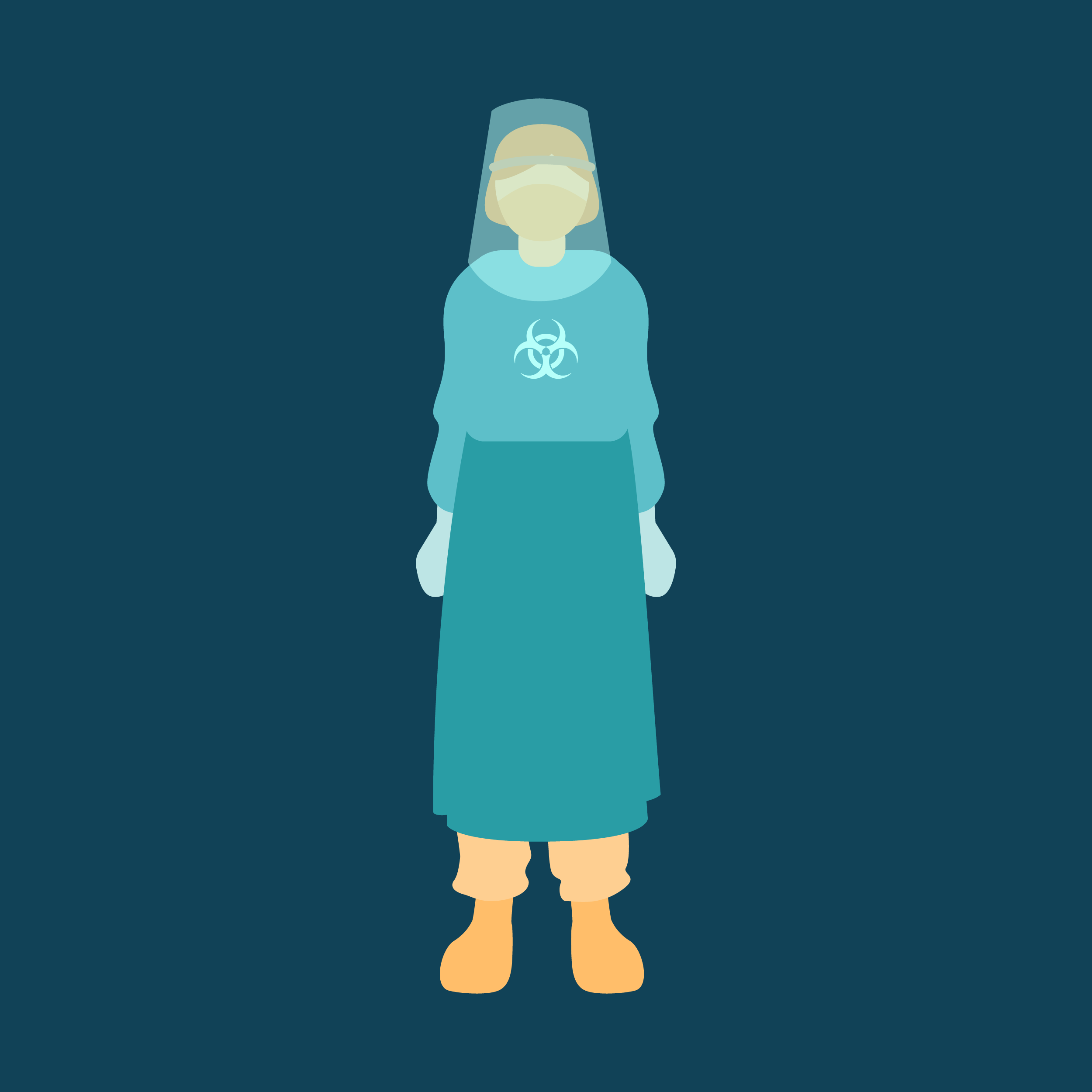

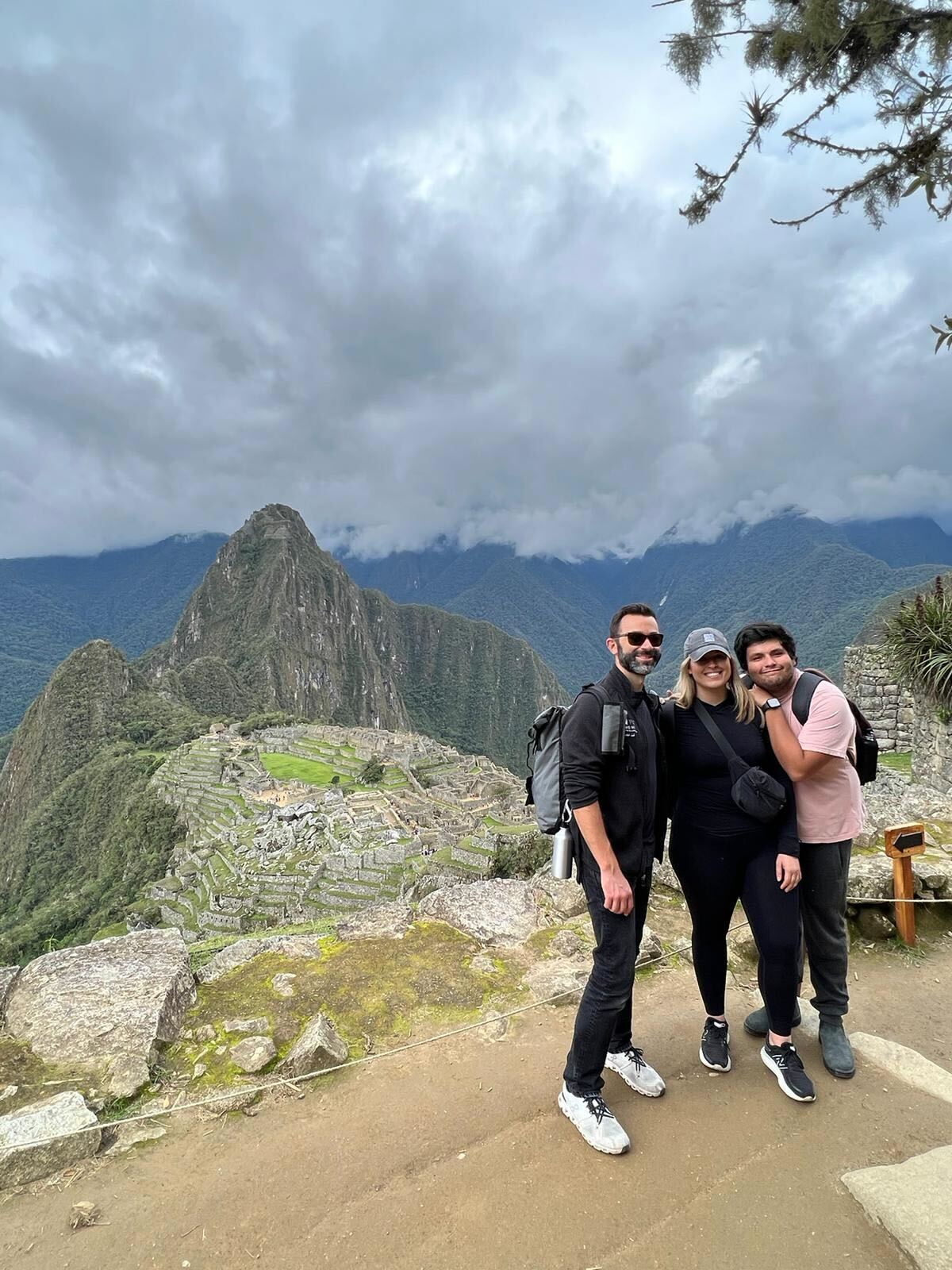

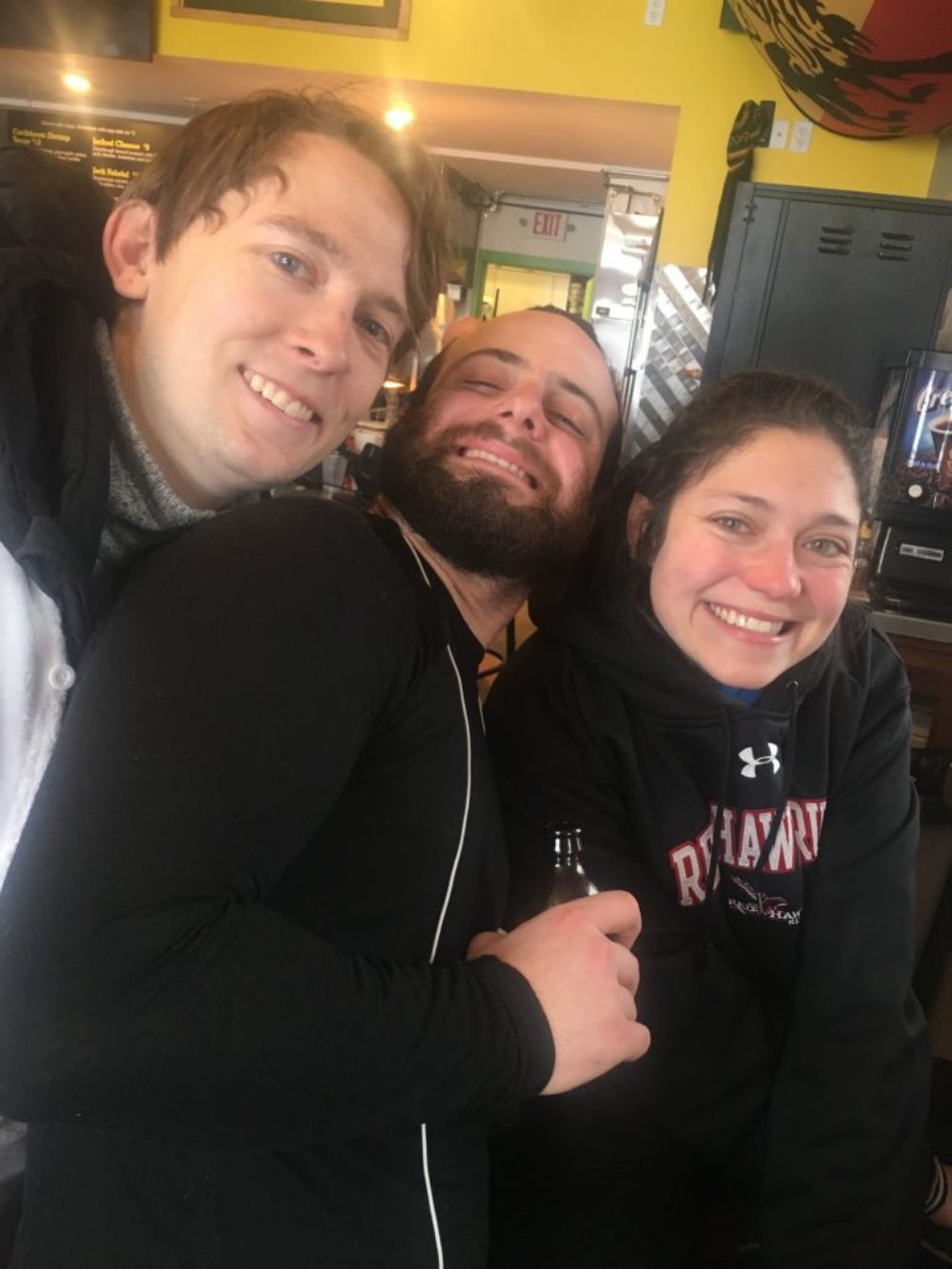
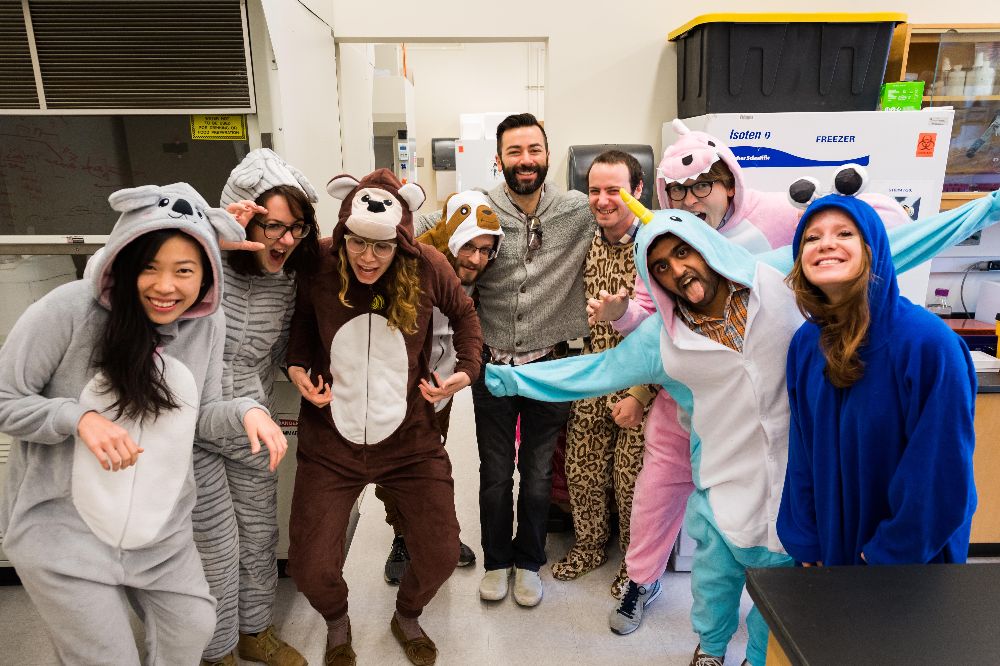
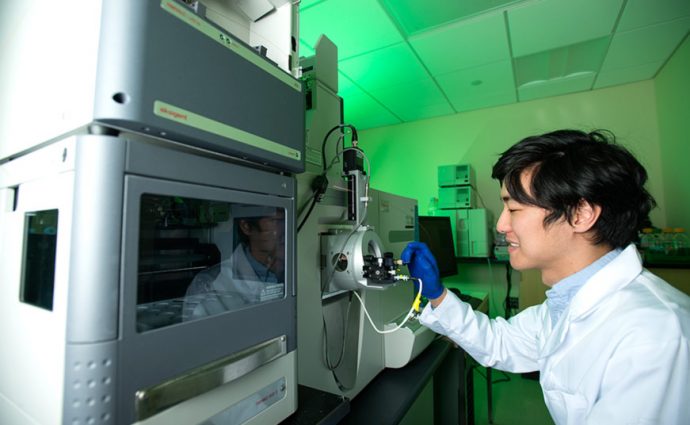
Our cores and platform staff provide scientific support across the entire institute, making our scientific resources available to workforce and collaborators.
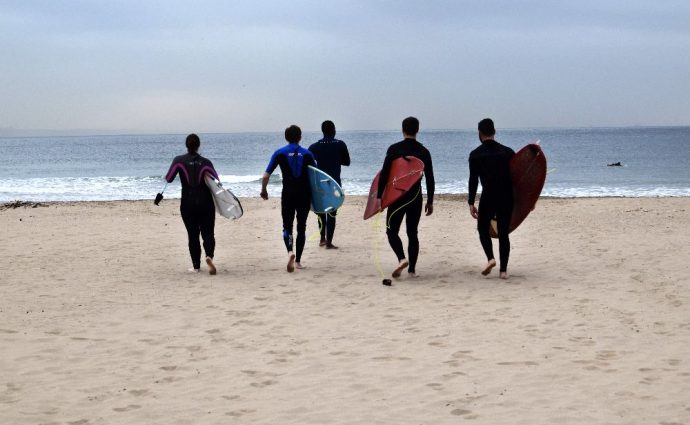
Our people are our greatest asset. We are committed to creating a supportive and inclusive environment that is welcoming for all.

The Ragon’s faculty includes many of the world’s most creative scientists, engineers, and clinicians.